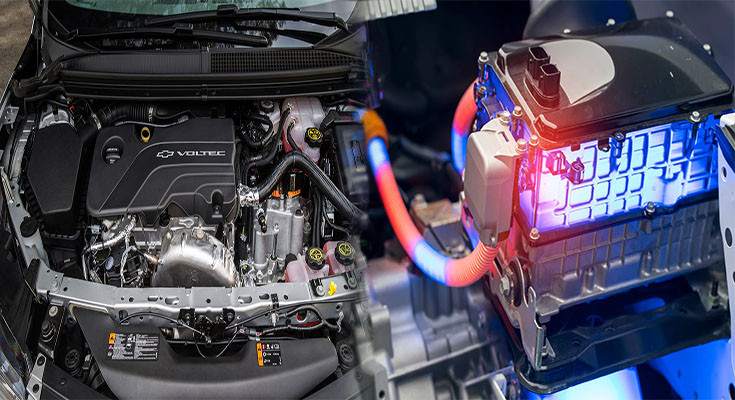
Understanding the Energy Density of Next-Gen Electric Car Batteries
As the world shifts towards a more sustainable future, electric cars are becoming increasingly popular. Central to the performance and range capabilities of these vehicles is the energy density of their batteries. Energy density refers to how much energy a battery can store per unit of weight or volume. In this article, we will explore the concept of energy density and its significance in the development of next-generation electric car batteries.
What is Energy Density?
Energy density is a critical factor in electric car batteries as it determines their overall efficiency and range. It is measured in watt-hours per kilogram (Wh/kg) for weight-based energy density, or watt-hours per liter (Wh/L) for volume-based energy density. A higher energy density means the battery can store more energy, enabling the electric car to cover a greater distance on a single charge.
The Importance of High Energy Density
High energy density batteries are crucial …
Understanding the Energy Density of Next-Gen Electric Car Batteries Read More
